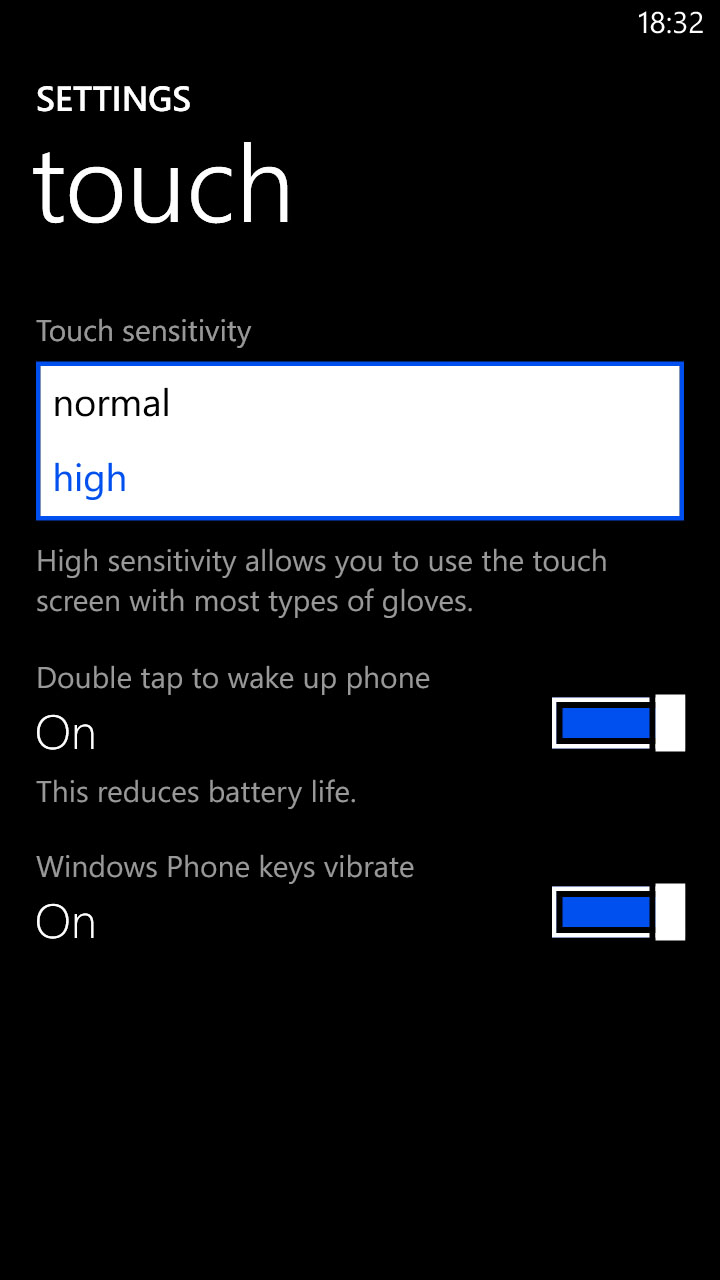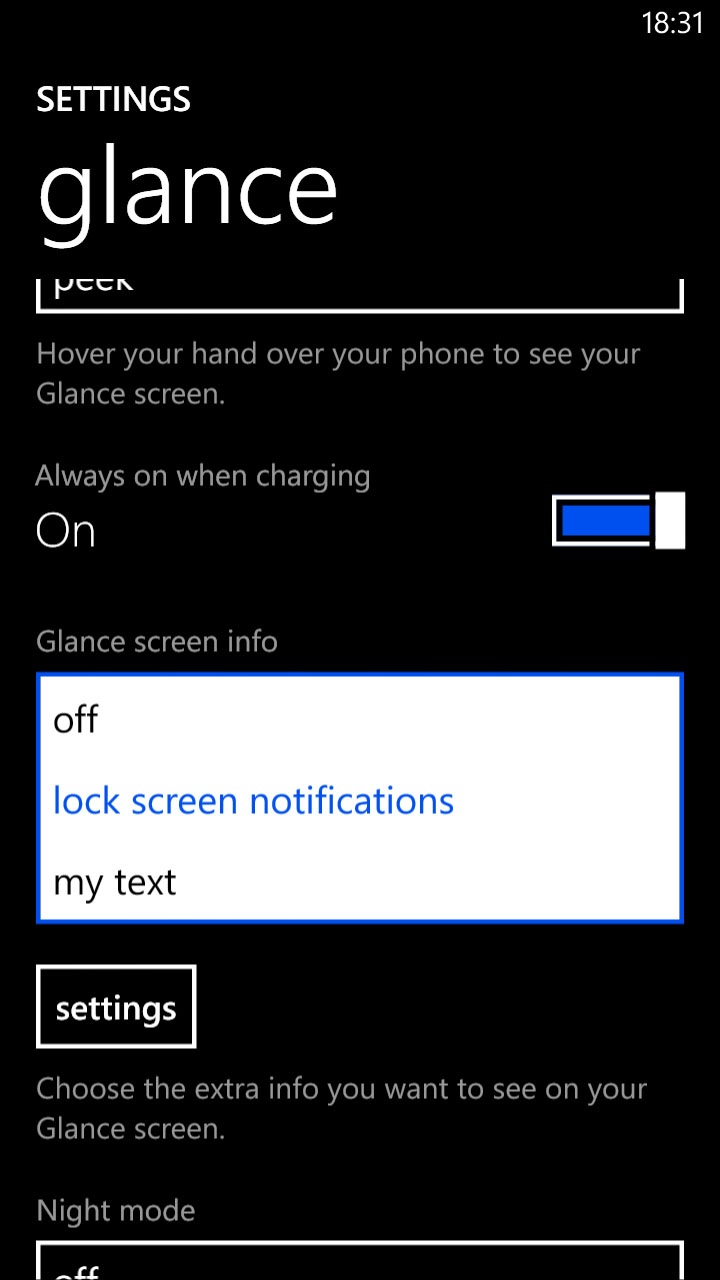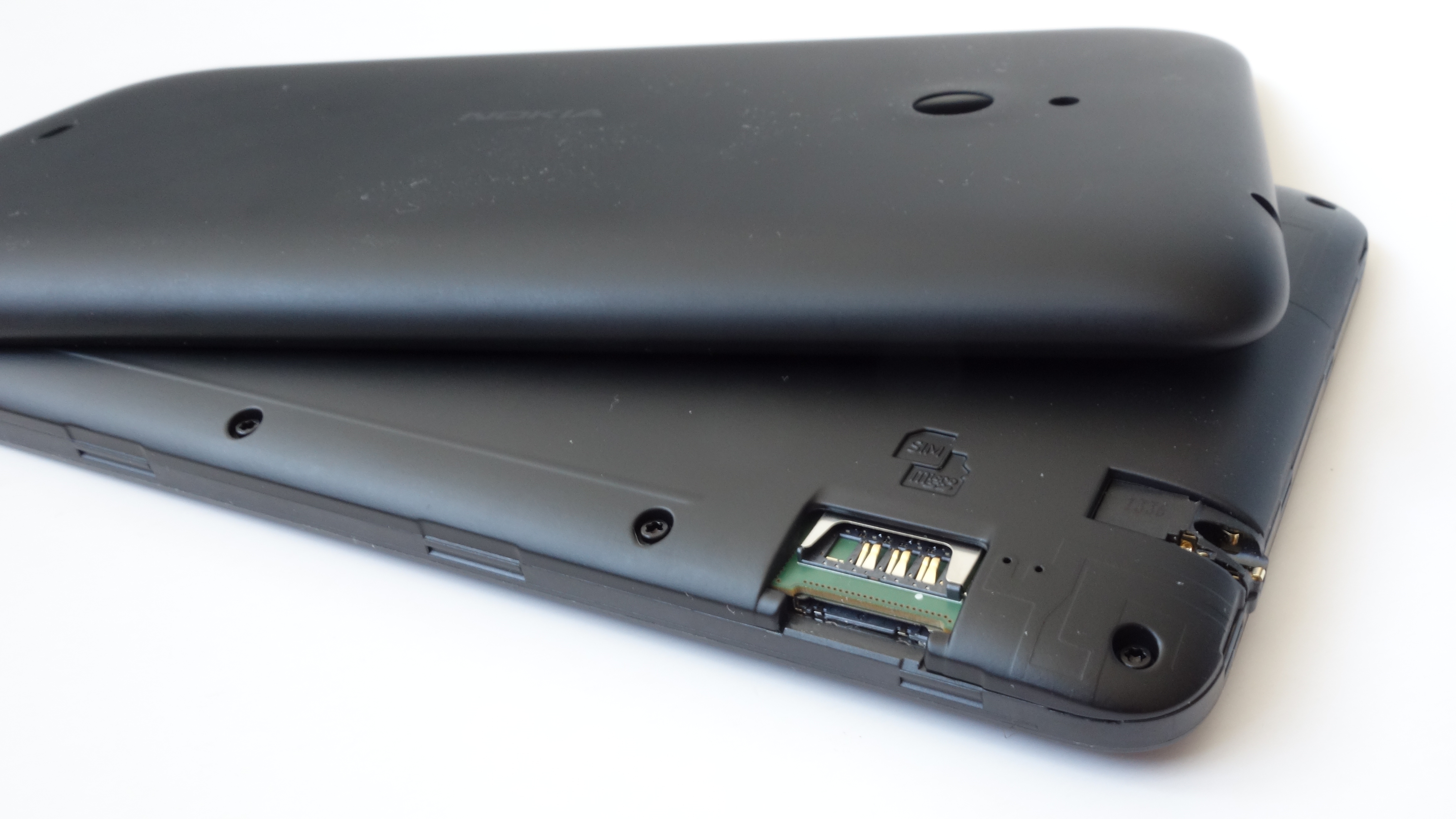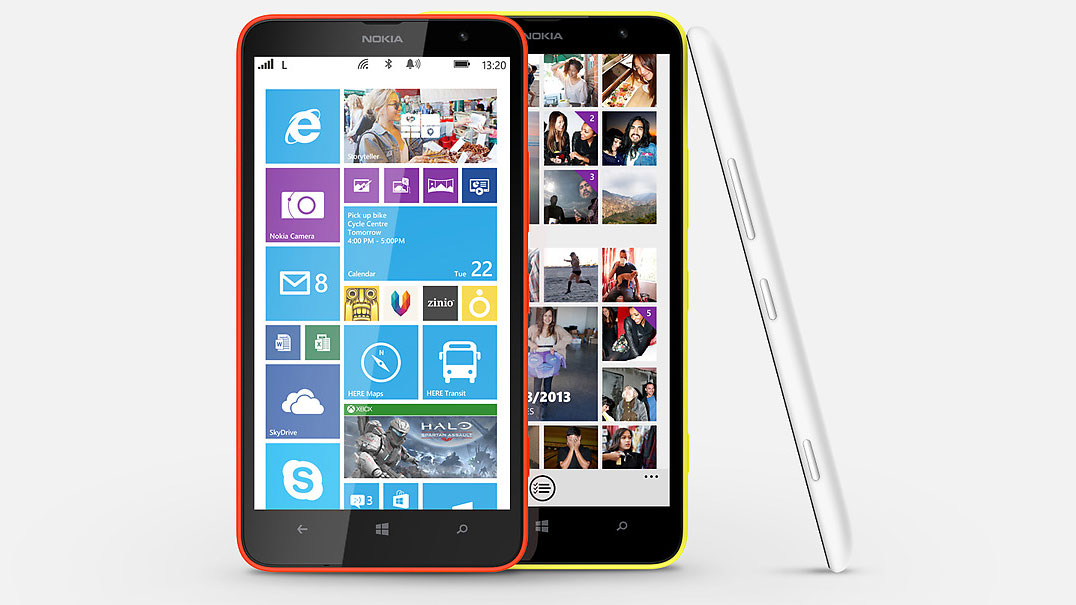Why you can trust TechRadar
Opening large Windows onto the world
I've briefly discussed the dimensions and the basic merits of the Nokia Lumia 1320's display, but this 6-inch expanse of glass really is the phone's single major defining feature.

The Nokia Lumia 1320's very reason for existence is to provide a large and reasonably sharp display and marry it with the Windows Phone 8 OS – then offer it at a reasonable price.
With that in mind, let's consider a couple of the other features of this display, and some of the related software enhancements Nokia has included with it.
It's a common feature on Nokia phones now, but I'd really like to comment briefly on the Lumia 1320's supersensitive display.
It means that you can use the phone even with gloves on, which is an enormously useful feature for those of us in the northern hemisphere who have been caught in one of the worst winters for some time.
I've said this before, but why more manufacturers don't adopt this feature as standard I'll never know. I suspect it's a cost thing.
Steal a glance
Another display feature that isn't exactly unique to the Nokia Lumia 1320, but continues to be fairly unique in the wider smartphone landscape, is Glance.

This clever little feature provides basic notification data – a little symbol if you have mail, for example – while the phone is sleeping.
It projects this data faintly onto the otherwise completely black screen when you hover your hand over it, drawing very little extra juice but negating the need to power on the whole screen just to see if you have any fresh messages.
You can also set how much information you want to be shown on the Glance screen.
It's perfect for those 'steal a glance' meetings or dinner date scenarios.
I also continue to appreciate the ability to power the Lumia 1320's screen on with a double tap of the display – especially given the somewhat anonymous and awkwardly placed power button.
Hidden storage
One other, non-screen related, unique feature of the Nokia Lumia 1320 is the positioning of its microSD slot. As I'll discuss in a moment, the handset really needs this storage expansion feature, but it's accessed a little differently from the Nokia Lumia 1520.
Rather than a readily accessible external port, you'll have to remove the Lumia 1320's rear cover to access the microSD slot, as well as the SIM card.
The removal process is one of the most awkward I've encountered in recent times, requiring a discomforting amount of pressure against the seemingly tightly secured bottom left-hand corner.

Indeed, while the process becomes easier after a few goes, I had to wonder if this was a good thing. Since I started using the device, there appears to have developed an added level of creakiness when pinching the lower right hand corner.
Given the importance of this storage expansion facility, it's a bit of a flaw that it's not very accessible. My advice to any Lumia 1320 owner would be to buy the biggest microSD card you can afford, install it, then leave well alone.
Speaking of installation, you'll need to insert the microSD card when the phone is powered off. There's no hot swapping feature here.
